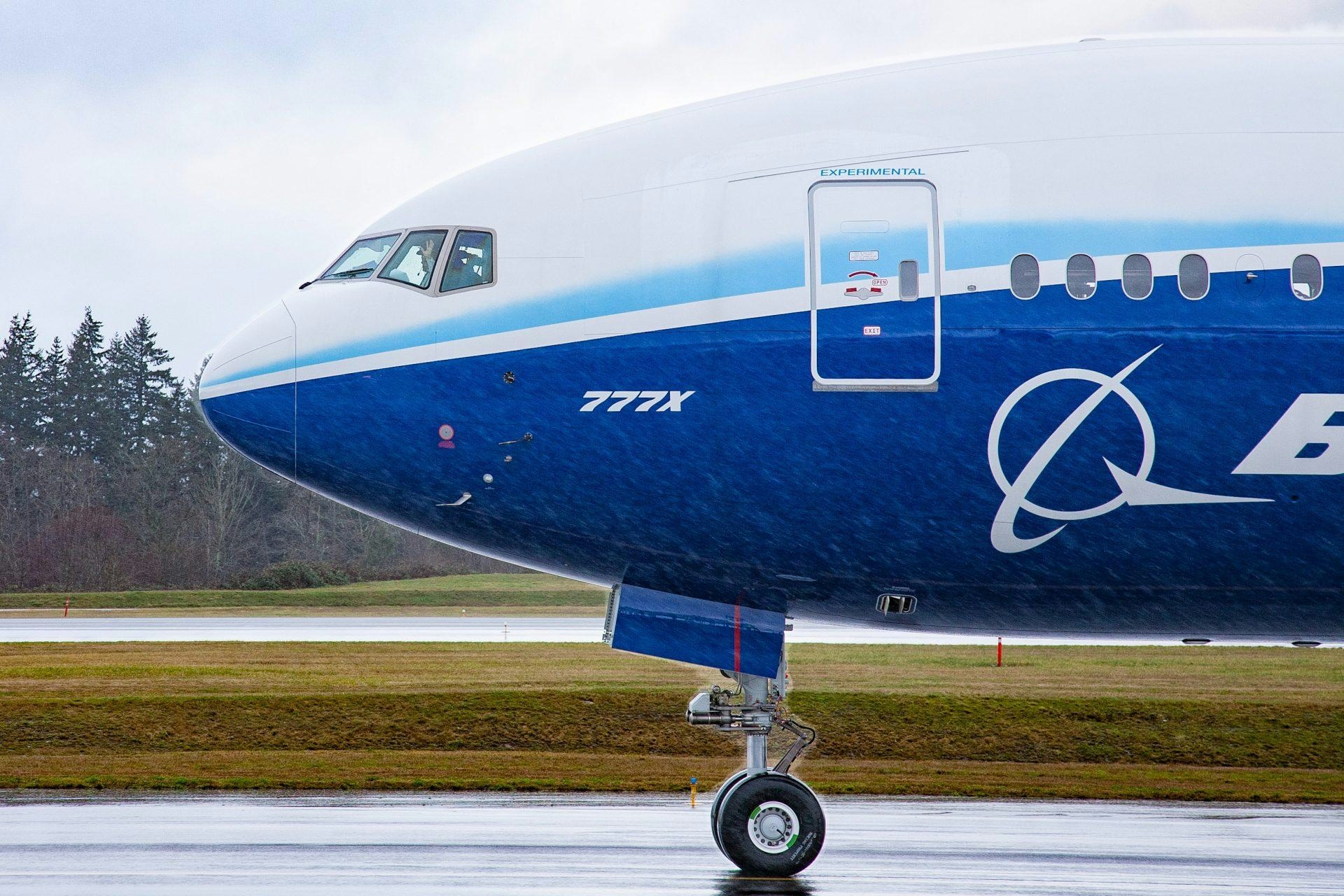أيروجيني — مساعدك الذكي للطيران.
الرائج الآن
Categories
Boeing Confirms 777X Deliveries Will Not Prioritize Oldest Planes

Boeing Confirms 777X Deliveries Will Not Prioritize Oldest Planes
Boeing has announced that the delivery sequence for its long-delayed 777X aircraft will not adhere to the order in which the planes were originally built. This decision reflects the company’s efforts to adapt to evolving certification requirements and shifting market demands. The first 777X is now slated for delivery to Lufthansa in 2027, a significant delay from the initial target of 2020 after years of setbacks.
Production and Certification Challenges
At the Dubai Airshow 2025, Darren Hulst, Boeing’s Vice President of Commercial Marketing, clarified that although several 777X aircraft have already been constructed, the earliest-built planes will not be the first to enter service. Hulst explained that some of the aircraft currently under production will be delivered first because they conform to the updated production standards. Earlier models, built to initial specifications, will require modifications to meet the latest certification and delivery criteria before they can be handed over to customers.
This strategy is a response to ongoing certification delays that have not only postponed the program’s first delivery but have also incurred approximately $5 billion in penalties for Boeing. By prioritizing aircraft built to the newest production standards, the company aims to streamline the certification process and ensure full compliance with current regulatory requirements.
Market Impact and Future Outlook
The delays have produced mixed effects on Boeing’s financial performance. While the company reported increased aircraft deliveries and a growing order backlog in its recent third-quarter results, the persistent 777X setbacks have tempered investor confidence. Nevertheless, demand for the 777X remains strong. Emirates, in particular, continues to place substantial orders, underscoring the aircraft’s strategic importance for major carriers operating in challenging environments.
Hulst also shed light on the market dynamics influencing 777X deliveries. In the Middle East, approximately half of the deliveries will support fleet expansion, while the other half will replace aging aircraft. This replacement ratio is notably higher than that of other Boeing models such as the 787 and 737, which are more focused on growth. Furthermore, two-thirds of all 777X orders come from airlines operating in harsh environments, including the Dubai desert, highlighting the aircraft’s suitability for extreme operational conditions.
Looking ahead, Boeing plans to increase 777X production once certification is secured. Initial delivery rates are expected to reach three to five aircraft per month, with potential for further acceleration as the program stabilizes. While competitor reactions to Boeing’s revised delivery approach remain unclear, the company’s emphasis on delivering aircraft that meet the latest standards reflects the complexity of modern certification processes and the evolving needs of its airline customers. As the 777X program approaches its long-awaited entry into service, Boeing’s strategy underscores a commitment to safety, regulatory compliance, and market relevance amid ongoing industry challenges.

Capital A Completes Sale of Aviation Business to AirAsia X

Four Gateway Towns to Lake Clark National Park

PRM Assist Secures €500,000 in Funding

Should Travelers Pay More for Human Support When Plans Go Wrong?

InterGlobe Aviation Shares Rise 4.3% Following January Portfolio Rebalancing

Key Market Segments Shaping Airline Route Profitability Software

Locatory.com Gains Traction Among Aviation MROs and Suppliers

JetBlue Flight Makes Emergency Landing Following Engine Failure

58 Pilots Graduate from Ethiopian University

The Engine Behind Boeing’s Latest Widebody Aircraft
